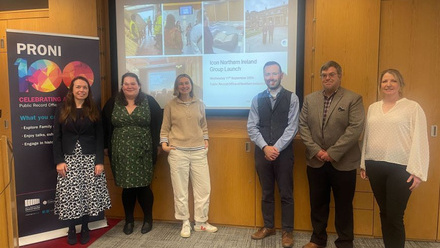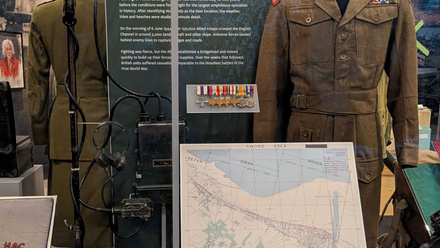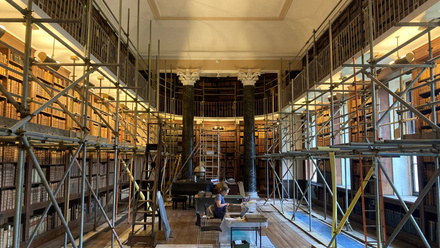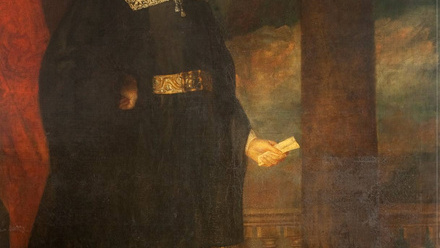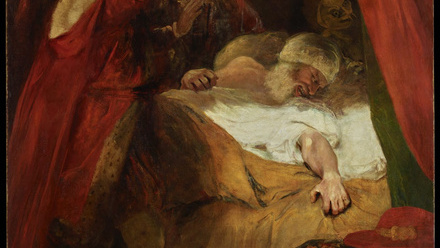Vanishing clients
I set up Codex Conservation 10 years ago and had been progressively growing the business when the Covid-19 pandemic struck. Overnight my clients vanished into months of furlough, ongoing programs of conservation were halted and the bottom fell out of my business.
In my efforts to keep the business growing, I applied for emergency funding from the A+N Time Space Money Bursary fimd. To pay my rent I produced a free online presentation and set up some income generating online teaching.
Whilst on the look out for more options to diversify my business, I saw an Icon and Museum Freelance webinar in August 2020 run by Isabel Churcher, outlining the opportunities for museum freelancers to access ACE’s Project Grants. Essentially, the ACE & HLF (Arts Council England & Heritage Lottery Fund) project fund is open for individuals to apply for funding for projects working with an accredited museum.
...as usual, things in a global pandemic are not simple.
I was inspired by the session, but as usual, things in a global pandemic are not simple. I approached several institutional that I had existing estimates for conservation projects to see if they were willing for me to apply on their behalf.
Finding a museum partner
For the last couple of years, I have been working for the small, dynamic team at The Charles Dickens Museum, which is housed in the Dickens family home in London and is an international centre for research.
Throughout the pandemic I had managed to continue working for the museum on a project to digitise their most treasured items, funded by the National Manuscripts Conservation Trust. We had used the pandemic as motivation to produce video content for social media to engage with the museum’s followers and promote the conservation work.
The museum’s curatorial team were fully supportive of my application to ACE and we developed a project for the first phase of conservation and cataloguing of the Dickens Fellowship Scrapbooks, a core collection within the museum. The Scrapbooks contain the records of the Dickens Fellowship, which was founded in 1902 as a worldwide association of people who share an interest in the life and works of Charles Dickens (1812 - 1870).
A narrow window of opportunity
A significant proportion of this incredible resource was uncatalogued and, as a whole, it was largely inaccessible to researchers due to its condition. Nearly half of the books are affected by red rot which has affected their binding structures, and the majority have suffered some degree of damage to their text blocks.
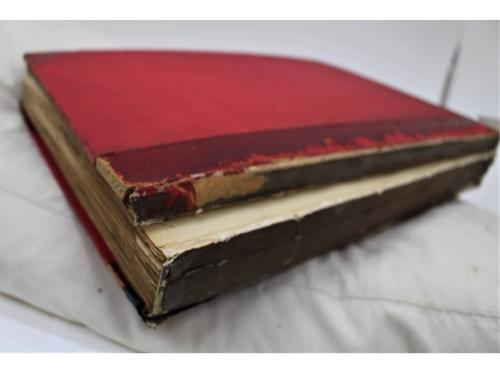
Back board and split spine
The coronavirus pandemic had created a narrow window of opportunity for these hugely significant collections to be treated onsite without the risk of harm during transportation, or associated costs of packing and safe transport. Their contents would then be revealed to Dickens scholars ready for the 2025 anniversary of the Museum and the Dickens’ Fellowship.
The coronavirus pandemic had created a narrow window of opportunity for these hugely significant collections to be treated onsite without the risk of harm.
It took a couple of weeks to bring together the application once I had registered for the Grantium Portal and become acquainted with the application process. I applied for just under £15,000 for the full cataloguing, surveying and stabilisation of all the volumes and the provision of protective bespoke wrappers.
The cataloguing work would be done by a freelance cataloguer under the supervision of the museum staff. Eight of the most vulnerable volumes would be fully repaired. Various outreach materials were also included in the budget as were
- four new sets of book supports;
- the provision of handling guidelines;
- the production of video content;
- a slide presentation for museum volunteers and members of the Dickens Fellowship for when potential users ask the team about the project.
The aim is for attendees to become not only advocates of the conservation and cataloguing process but also empowered to handle the items more carefully. Once this comprehensive assessment and preliminary conservation is completed, more accurate information will be available on the collection, which will allow for a stage 2 funding application to digitise the contents.
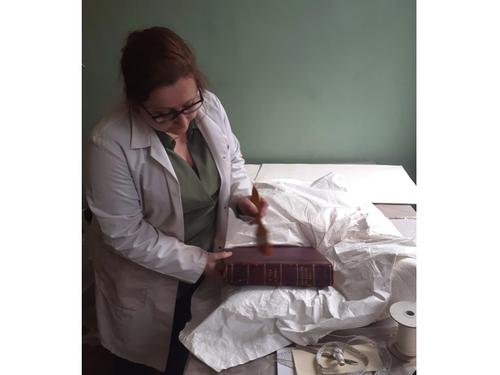
A steep learning curve
It took 6 weeks to find out whether I was successful in the application. In that time, yet another lockdown had hit and this time I would also be jointly home schooling my 2 children. I have already applied for a project extension to accommodate the extra demands on the project and the ACE project team have been very supportive.
I would strongly encourage other freelance conservators to seek out these opportunities wherever possible. It has been a steep learning curve, but well worthwhile. I can now breathe more easily over the coming months as we slowly exit lockdown, and the pandemic restrictions ease.
---
Header image: Day 1 treatment on site. With the kind permission of the Charles Dickens Museum & Codex Conservation.


